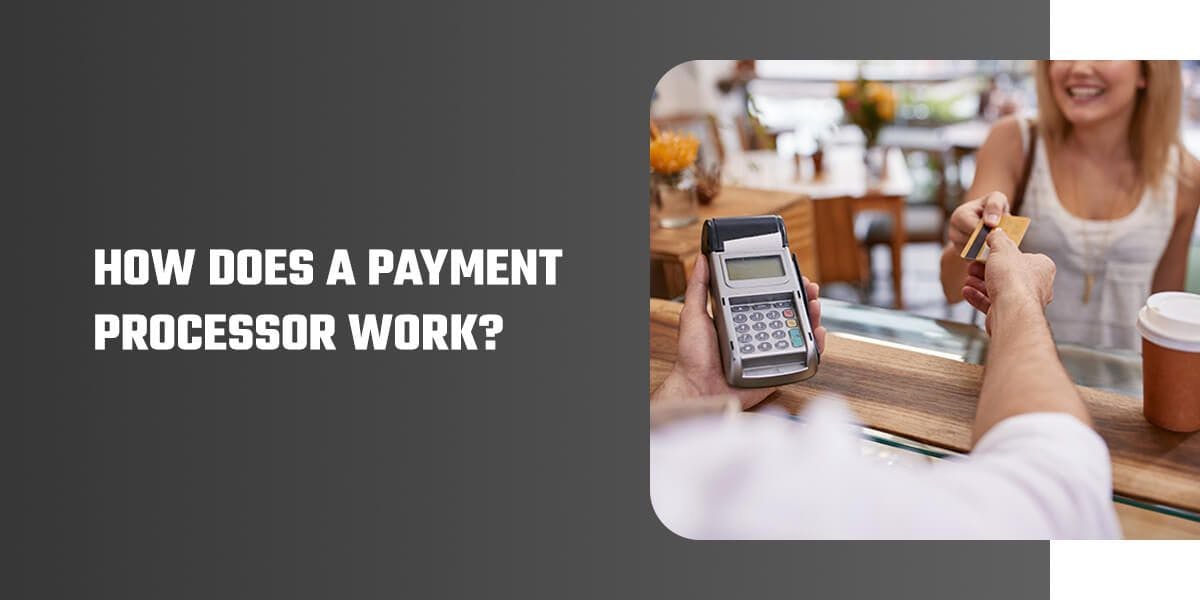A payment processor is a crucial component of any business that accepts credit card payments or conducts online transactions. In the realm of high-risk payment processing, companies like Zen Payments play a vital role in securely handling these transactions. Let's delve into the process of how a payment processor works.
1. Authorization
The first step in payment processing is authorization. When a customer makes a purchase, the payment processor receives the transaction details, including the credit card number, expiration date, and security code. The processor then sends this information to the customer's bank or credit card issuer to verify the availability of funds and to authenticate the transaction.
2. Encryption and Security
Security is paramount in payment processing, especially in high-risk industries. Payment processors like Zen Payments employ robust encryption techniques to safeguard sensitive customer data. The transaction data is encrypted to ensure it remains confidential and protected from unauthorized access throughout the entire process.
3. Clearing and Settlement
Once the transaction is authorized, the payment processor initiates the clearing and settlement process. During this stage, the processor communicates with the customer's bank or credit card issuer to transfer the funds from the customer's account to the merchant's account. This involves reconciling the transactions, deducting any fees or charges, and ensuring the timely transfer of funds to the appropriate parties.
4. Payment Gateway Integration
A payment gateway acts as the bridge between the merchant's website and the payment processor. It securely captures and encrypts the customer's payment information and sends it to the processor for authorization and processing. Payment processors like Zen Payments offer seamless integration with various payment gateways, ensuring a smooth and secure payment experience for both the merchant and the customer.
5. Risk Management and Fraud Prevention
In the high-risk payment processing industry, robust risk management and fraud prevention measures are essential. Payment processors employ advanced technologies and algorithms to detect and prevent fraudulent transactions. These systems analyze transaction patterns, identify suspicious activities, and flag potential risks. Zen Payments, being a high-risk payment processor, ensures comprehensive risk management solutions to protect merchants and customers from fraudulent activities.
6. Reporting and Analytics
Payment processors often provide merchants with reporting and analytics tools to gain insights into their transaction data. These tools enable merchants to track sales, monitor transaction volumes, and analyze customer behavior. Such information is invaluable for making informed business decisions and optimizing payment processes to drive growth.
Conclusion
A payment processor is the backbone of secure and efficient payment processing for businesses, particularly in high-risk industries. Zen Payments, as a leading high-risk payment processor, ensures the smooth flow of transactions, prioritizes security, and offers comprehensive solutions for risk management and fraud prevention. With the integration of advanced technologies and adherence to industry standards, Zen Payments delivers reliable payment processing services to merchants in the high-risk space.





